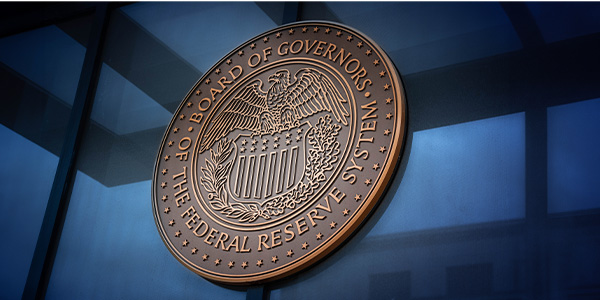Housing News
Is the Housing Market Heating Up or Cooling Down? That Depends
July 15, 2024
That's because whether they will be experiencing continually accelerating home prices or prices that may start to slow down really depends on where they live.
Prospective homebuyers who have been hoping that high prices may soon fall could get their wish—if they're looking at properties in certain markets. In other areas, the wait just may continue.
It all comes down to how many properties are going up for sale and the number of buyers who can afford to purchase them.
"The markets that have seen active [housing] inventory get up to pre-pandemic levels, that's where we've seen prices soften a little bit or go flat," said Lance Lambert, co-founder of ResiClub, a news and research company covering the housing market.
On the flip side, where inventory is low, "that's where prices are still moving up at an accelerated pace," said Lambert.
The markets that are cooling the most, such as in parts of Texas and Florida, often have more new construction and existing homes for sale. However, fewer buyers in these areas can afford to purchase those properties with mortgage rates of nearly 7%.
"The housing market is softening in pockets," said Devyn Bachman, chief operating officer at John Burns Research & Consulting, a housing firm. "Mortgage rates are staying higher for longer and people want to wait it out."
Has the housing market hit "an inflection point"?
Nationally, home prices rose 3.9% year-over-year in May, according to a recent Zillow report. That's despite 22.1% more homes going up for sale in May than in the same month a year earlier.
Cracks are beginning to show in the market. The number of home sales fell 6% year-over-year in May, according to Zillow. To entice buyers, nearly a quarter of homes that were listed, 23.9%, underwent a price cut in May.
"The housing market could be at an inflection point," said Realtor.com Chief Economist Danielle Hale. "Buyers are waiting to see what happens with mortgage rates."
Some would-be homebuyers are having trouble qualifying for mortgages with interest rates at this elevated level. Those who can afford to buy may be waiting for rates to fall.
Or they may be homeowners who would have traded up or down into a new home if they didn't already have a mortgage with a low rate. Buying a new home at a higher rate could result in significantly larger housing payments each month. That's not exactly a sizable motivator to buy a new home.
"The people who needed to purchase, purchased," said Bachman. "Now you're not going to purchase unless you have to [do so.] It's a need to sell market, not a want to sell market."
The importance of location in today's housing market
The current conditions have highlighted the differences in housing markets across the country.
Markets in the South, where there has been more new construction and fewer out-of-state buyers moving in, could be more susceptible to a slowdown.
"If supply keeps rising and demand keeps falling, we will see pricing corrections in those markets," said Bachman.
In Austin, the capital of Texas, home prices fell 4.1% year-over-year in May, according to Zillow.
But prices could continue to rise in the Northeast, where there are few homes for sale and not as much available land to build new homes on.
Prices have also been increasing in some of the larger California cities.
For example, home prices were up 12.7% year-over-year in Silicon Valley's San Jose, California, and 11.1% in San Diego. Prices also rose 11.6% in Hartford, Connecticut, according to Zillow data.
The housing market is likely to pick up when mortgage rates fall
Hale expects the housing market will pick back up once mortgage rates come down.
Many real estate experts believe that will be later this year when the U.S. Federal Reserve is expected to lower interest rates. This typically results in lower mortgage rates.
Hale expects rates will tick down slowly once the Fed acts.
"We may see some affordability relief that would spark some buyer interest and home sale activity. But it's going to depend on what happens with mortgage rates," she said. "For many people, it's going to be a waiting game until next year."






 Smart Moves Start Here.
Smart Moves Start Here.